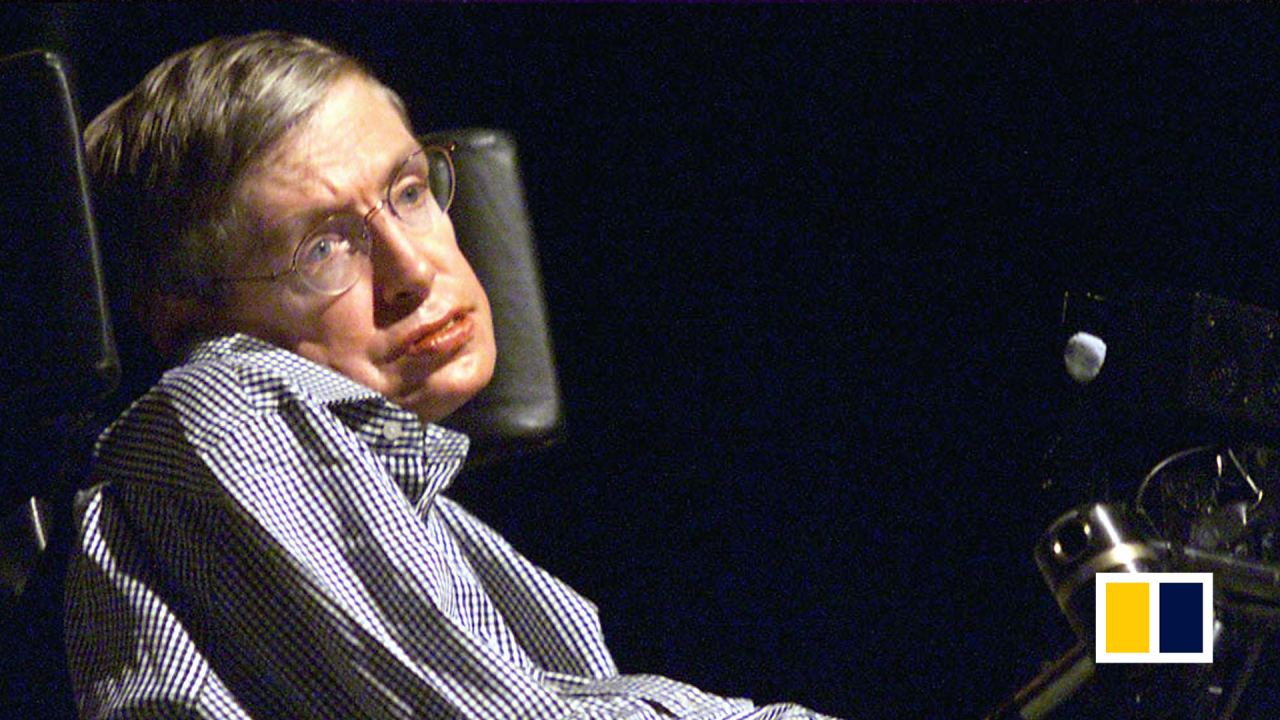Advertisement
China’s experimental ALS drug SNUG01 has unexpected results for patient, may be useful for Parkinson’s, Alzheimer’s, stroke victims
- A potential new treatment for neurological disease ALS has shown promising results after being tested on its first patient
- ALS is notoriously difficult to treat, with most patients dying three to five years after the onset of symptoms
Reading Time:4 minutes
Why you can trust SCMP
1

In the legendary life of world-renowned British physicist Stephen Hawking, among his many “achievements” was the fact that he lived with neurological condition ALS for 55 years.
It is not the usual way the disease works. Amyotrophic lateral sclerosis – known as ALS or Lou Gehrig’s disease after a baseball player who succumbed to the illness – is an incurable ailment that normally sees sufferers live only three to five years after the onset of symptoms.
The form of the condition that Hawking had, after being diagnosed at 21, had a slower progression.
Despite immense gains in knowledge about the disease in recent years, scientists still do not know what causes it and have struggled to find a treatment that will stop its progression once and for all.
But now a potential new drug being tested by a group of Chinese scientists and clinicians may offer a glimmer of hope, with promising results after it was used on a severely affected patient for six months.
A ‘turning point’ in ALS progression
Fan Dongsheng, a professor in the department of neurology at Peking University Third Hospital, who is overseeing the patient’s treatment, said that after taking the drug, the man’s condition reached a “turning point” as the progression of the disease slowed until it was “basically at a plateau stage”.
Advertisement
